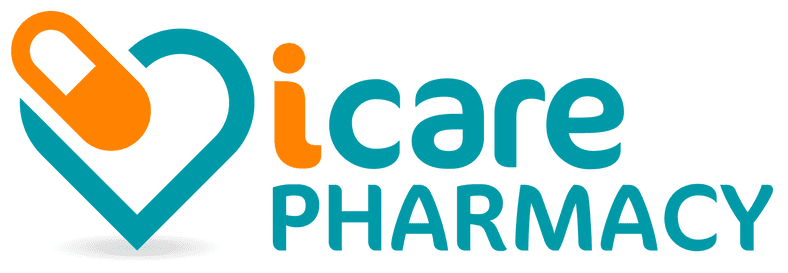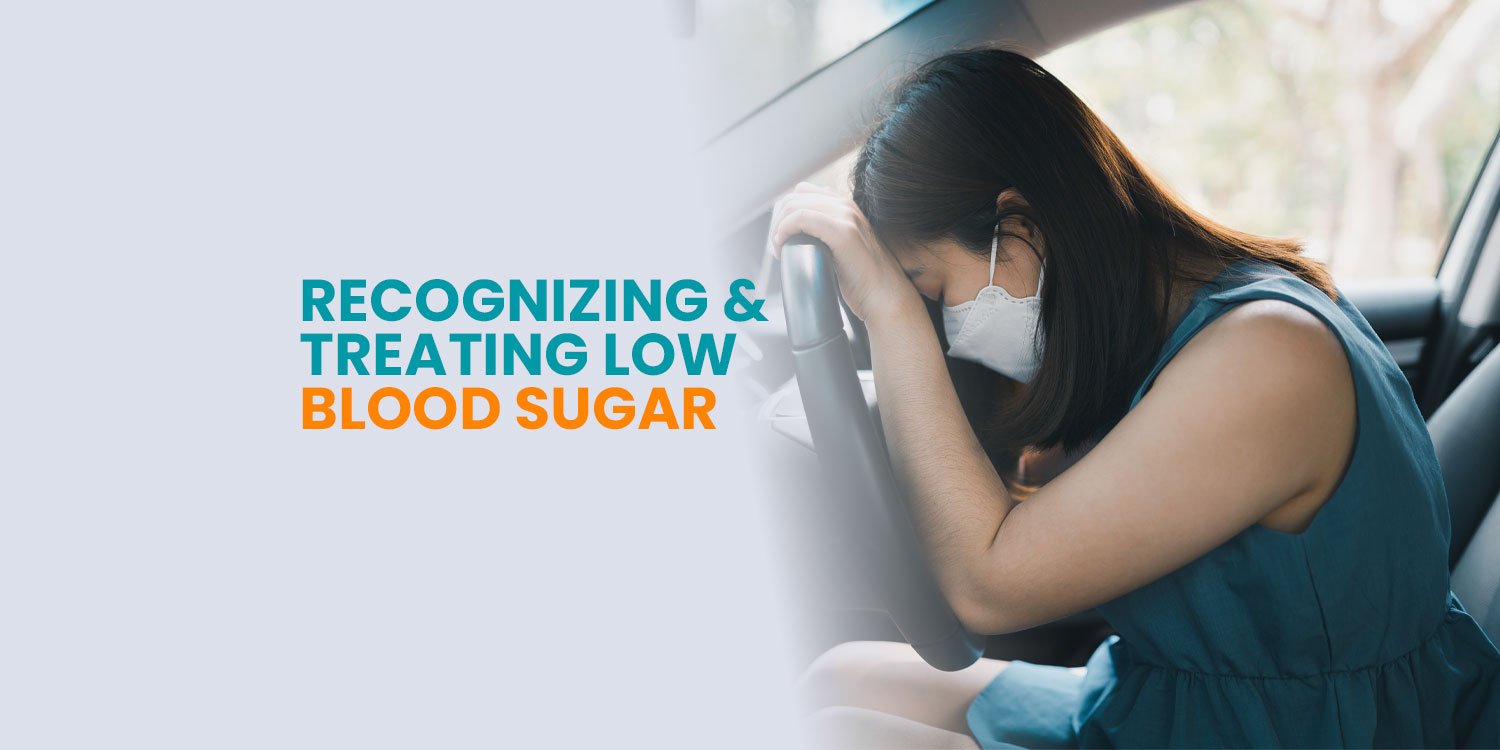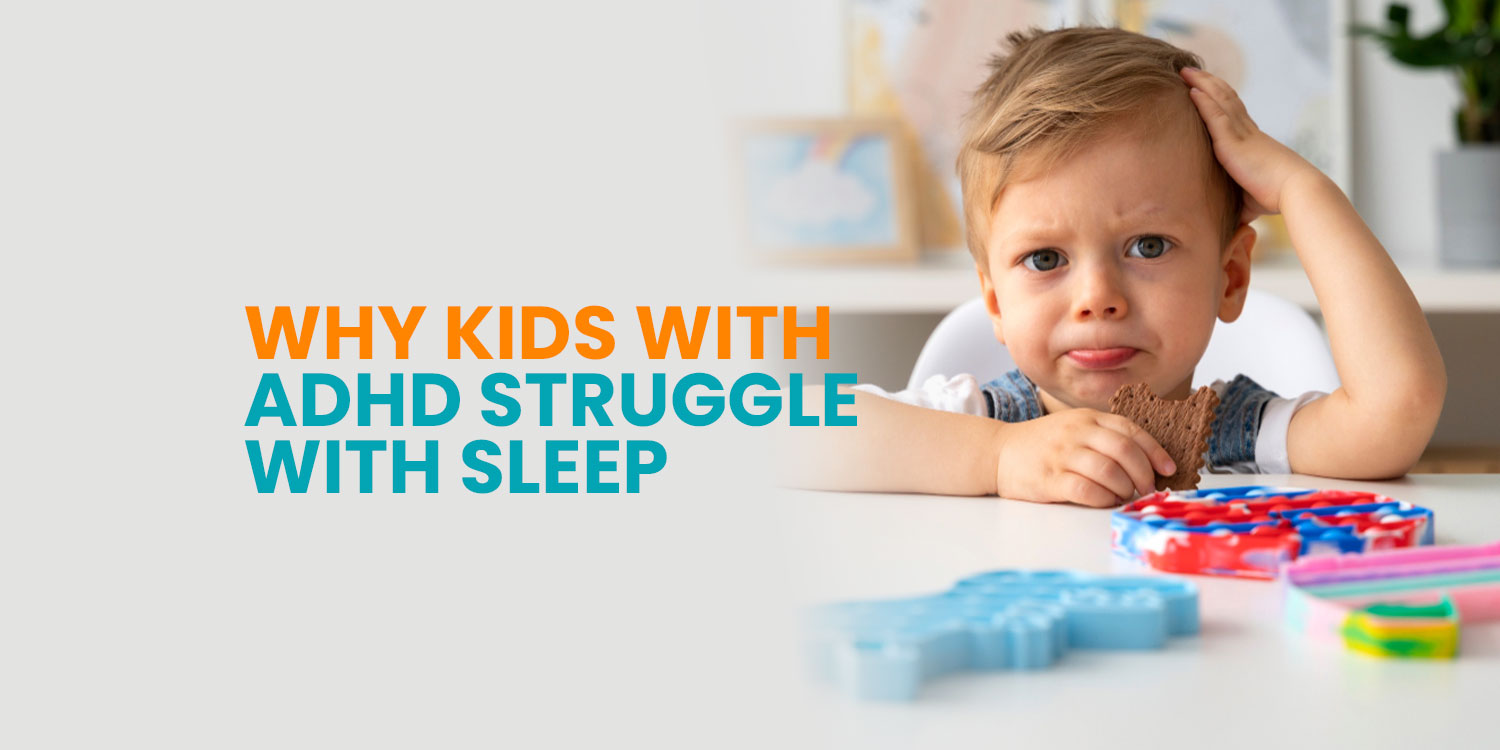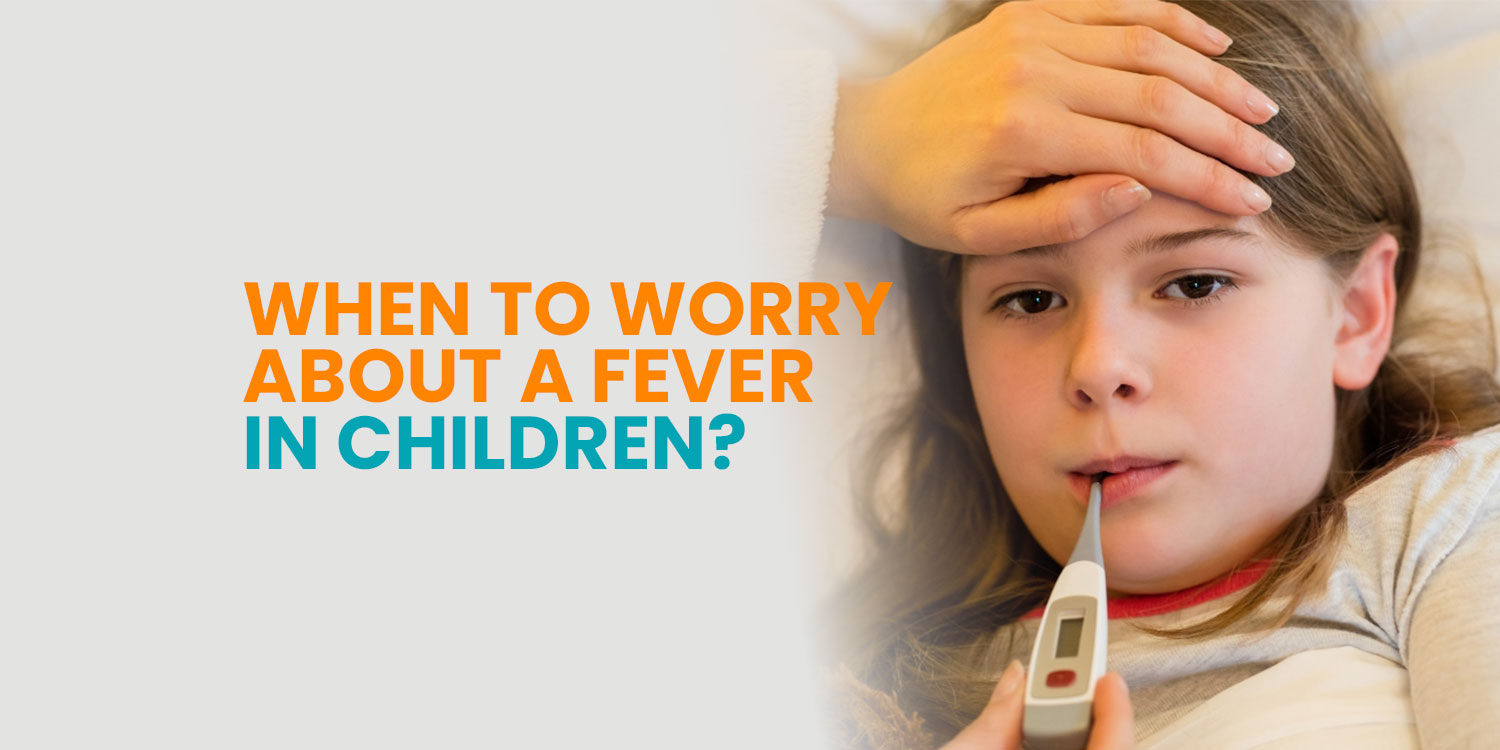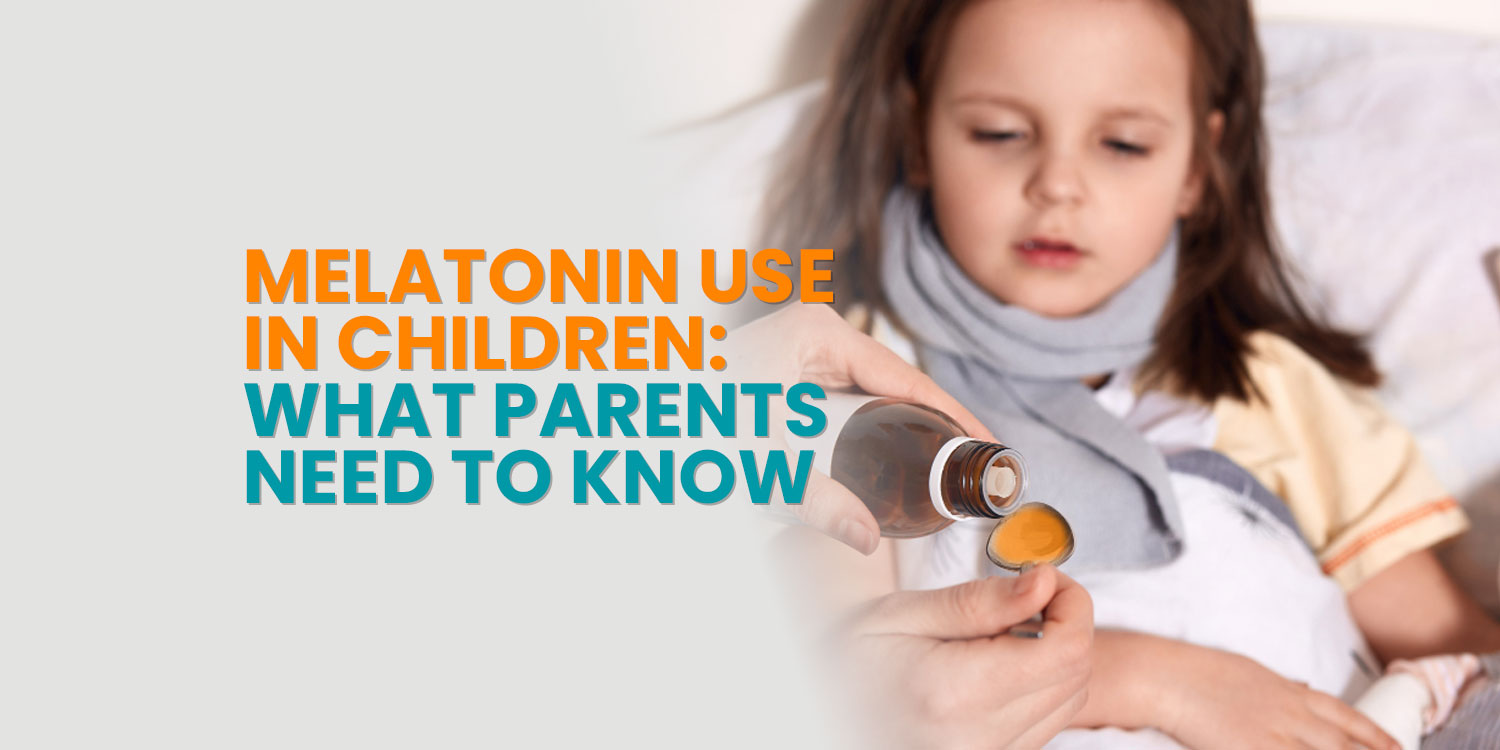Understanding Hypoglycemia: When Your Blood Sugar Drops Too Low
Hypoglycemia, or low blood sugar, occurs when blood glucose levels fall below 4.0 mmol/L. This condition can be dangerous if left untreated, as glucose is the body’s primary source of energy (Diabetes Canada, 2022).
What Causes Hypoglycemia?
Hypoglycemia commonly affects individuals with diabetes, especially those taking medications that actively lower blood sugar. Common causes include:
- Taking too strong a dose of diabetic medication
- Forgetting to eat after taking medication
- Exercising vigorously without adequate food intake
- Skipping meals or fasting for extended periods
These triggers interfere with the balance between insulin levels and glucose availability, increasing the risk of hypoglycemia (Mayo Clinic, 2023).

Symptoms of Hypoglycemia
Recognizing early signs is crucial to preventing serious consequences. Symptoms include:
- Shakiness or nervousness
- Sweating
- Intense hunger
- Irritability
- Dizziness
- Fatigue
These symptoms occur because the brain is highly sensitive to changes in glucose levels (American Diabetes Association, 2024).
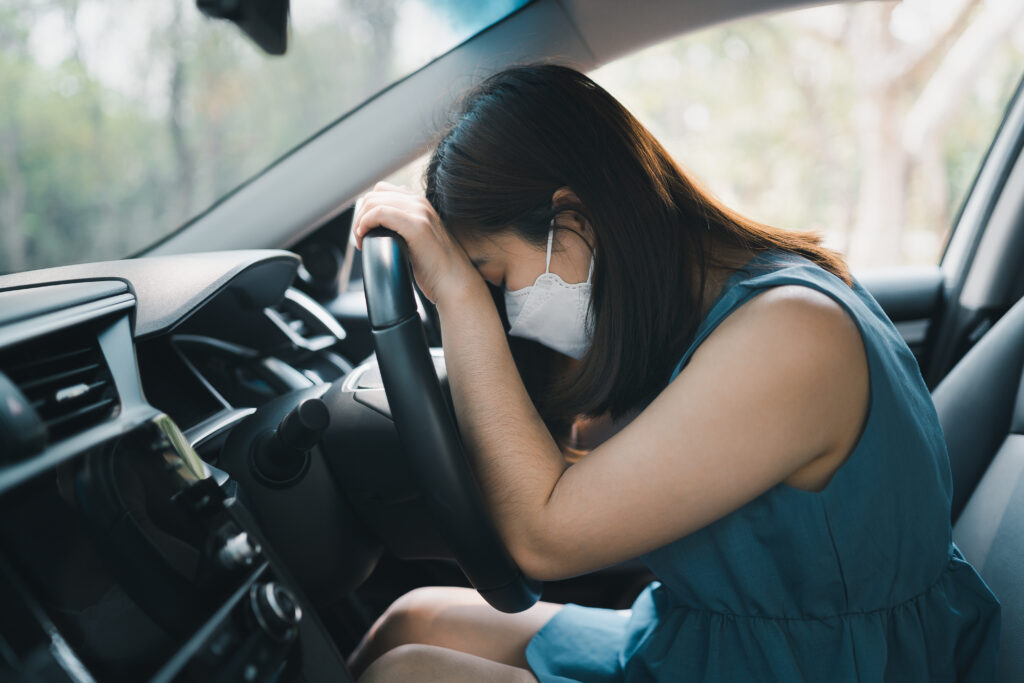
Why is Hypoglycemia an Emergency?
When blood sugar drops too low, the body and brain do not have the energy required to function properly. If untreated, hypoglycemia can lead to confusion, fainting, seizures, or even coma (Diabetes Canada, 2022). Prompt recognition and action are essential to avoid serious complications.

How to Treat Hypoglycemia
Immediate treatment involves consuming fast-acting carbohydrates. The following are effective options:
- Glucose tablets (15g)
- ½ cup (125 mL) of fruit juice
- ½ cup (125 mL) of regular (non-diet) soda
- 1 tablespoon of sugar or honey
- Hard candies (check label to ensure proper sugar content)
Wait 15 minutes after consuming sugar and recheck blood glucose. If still low, repeat the process (American Diabetes Association, 2024).

When to Seek Medical Help
If symptoms persist after 15 minutes or if the person loses consciousness, seek emergency medical help immediately. People at risk should carry fast-acting carbohydrates and educate those around them on how to help during an episode (Mayo Clinic, 2023).

Final Thoughts
Hypoglycemia is serious but manageable. Understanding its causes, recognizing symptoms, and knowing how to treat it can prevent complications. Frequent episodes should prompt a discussion with a healthcare provider about adjusting medication or diet.
Stay informed, stay prepared, and stay safe!
References
American Diabetes Association. (2024). Hypoglycemia (low blood sugar). https://diabetes.org/tools-support/know-your-risk/hypoglycemia
Diabetes Canada. (2022). Low blood sugar (hypoglycemia). https://www.diabetes.ca/managing-my-diabetes/tools—resources/hypoglycemia
Mayo Clinic. (2023). Hypoglycemia. https://www.mayoclinic.org/diseases-conditions/hypoglycemia/symptoms-causes
